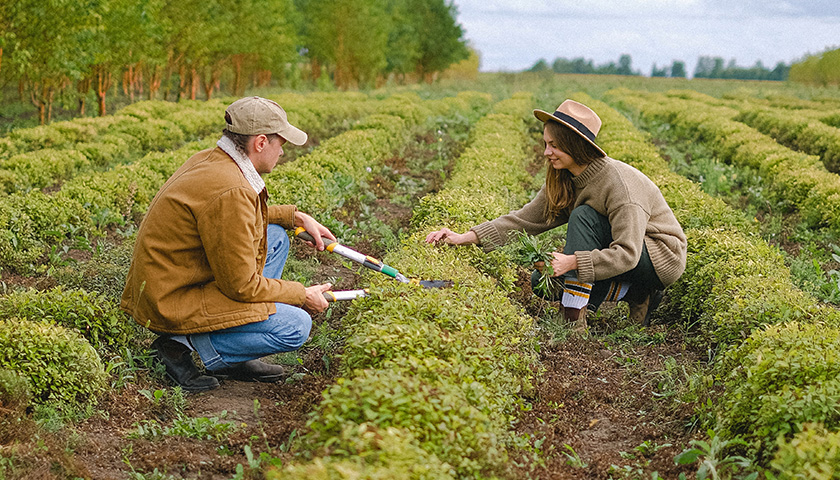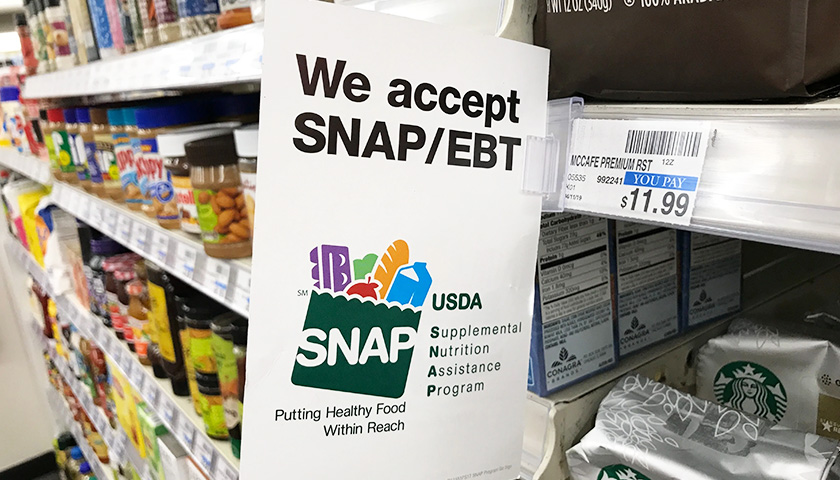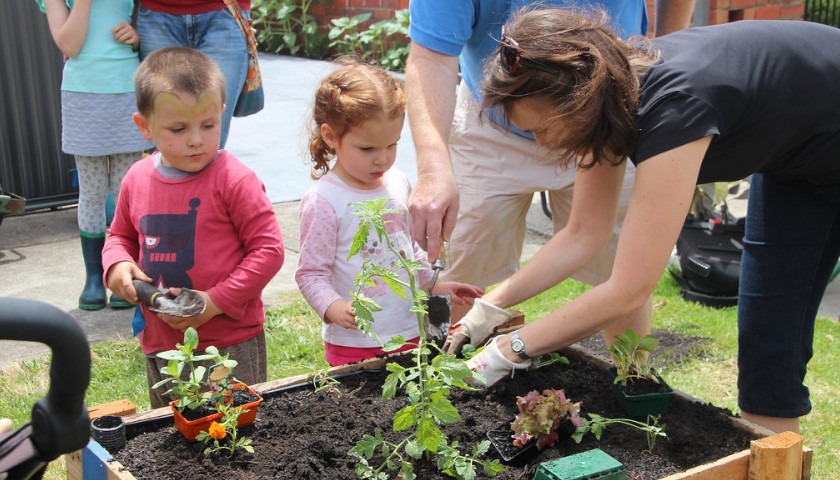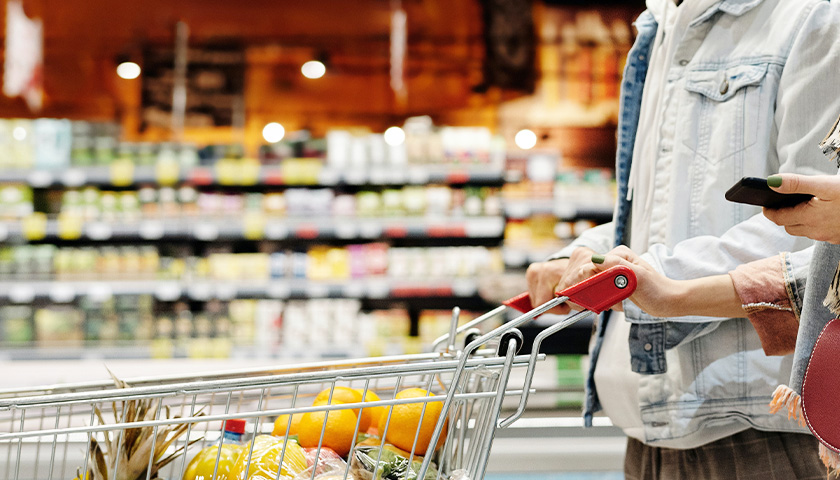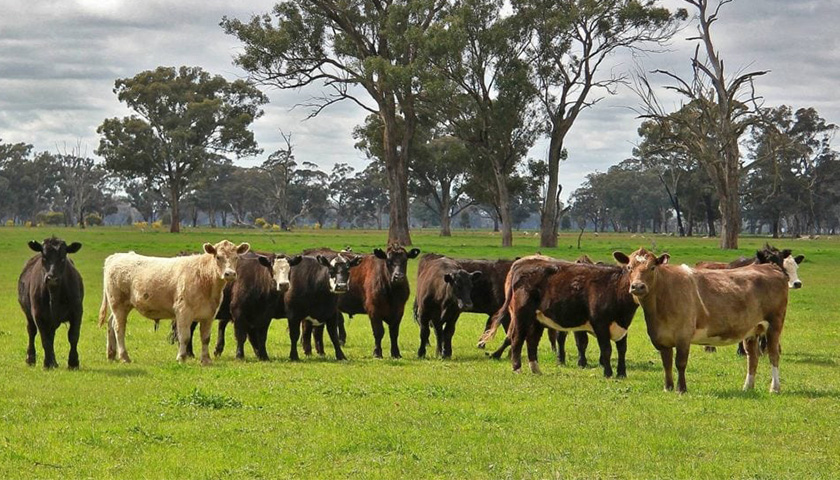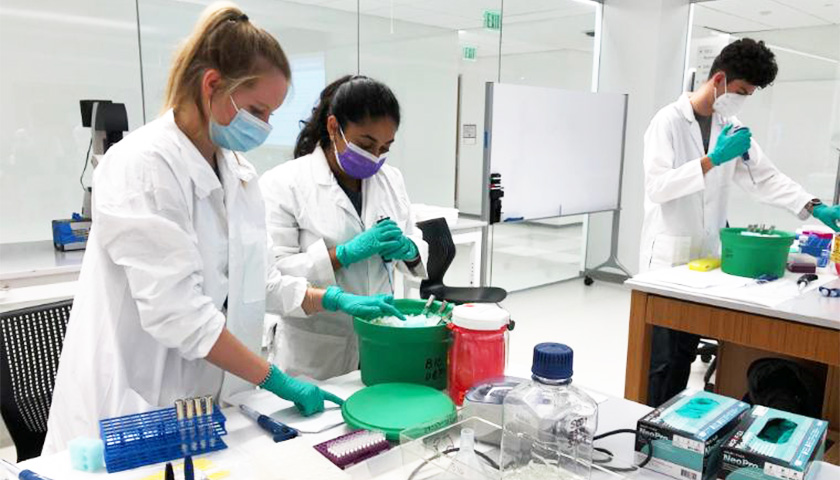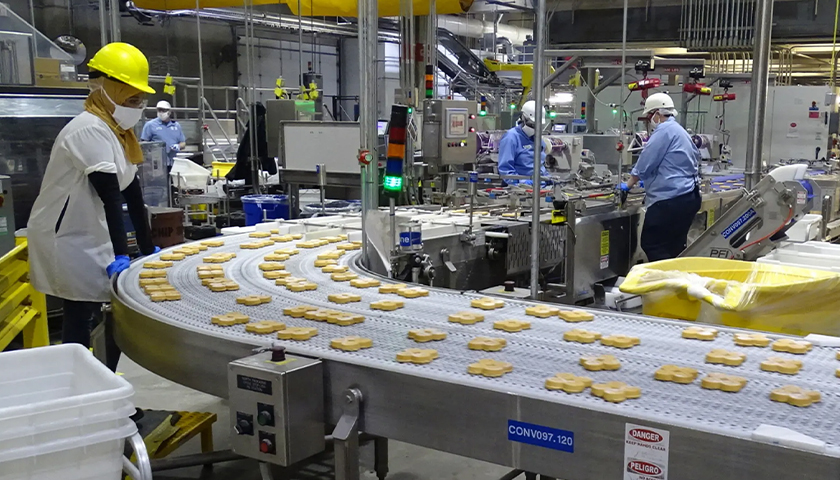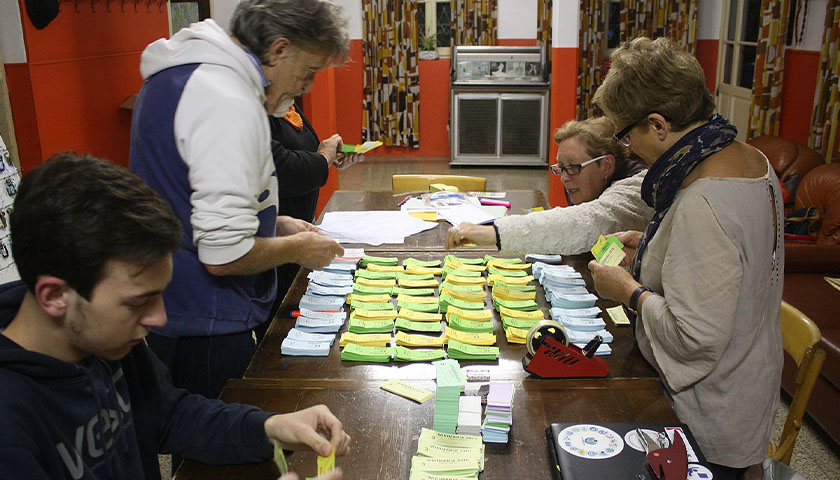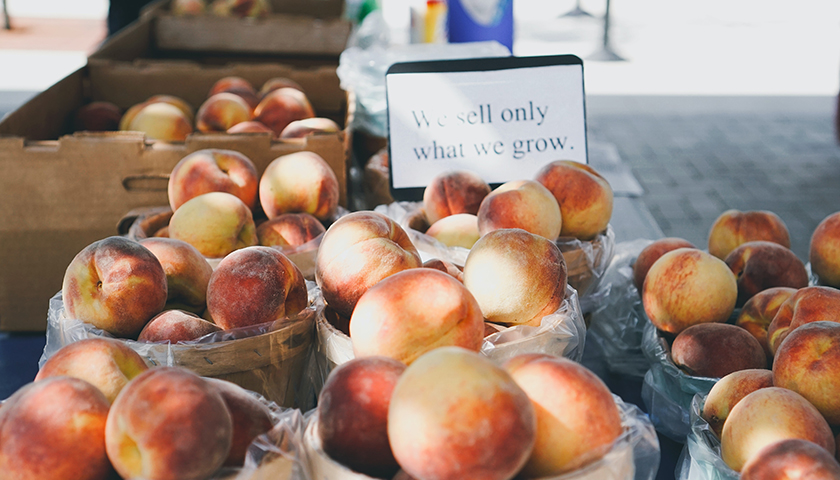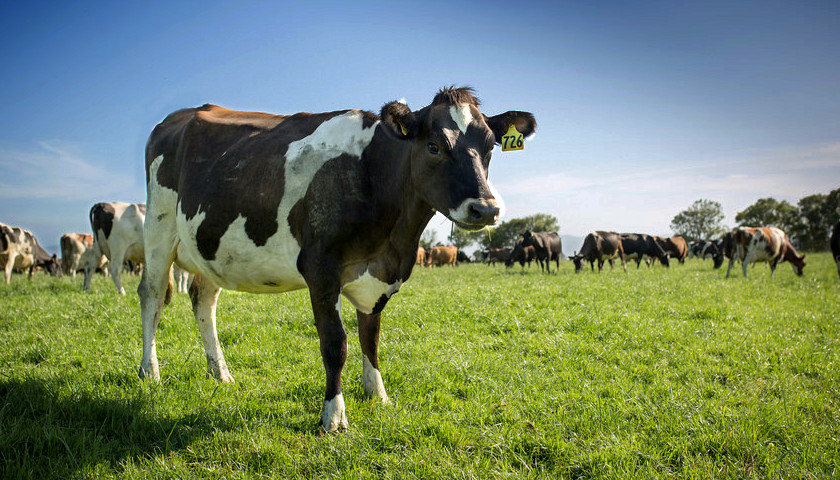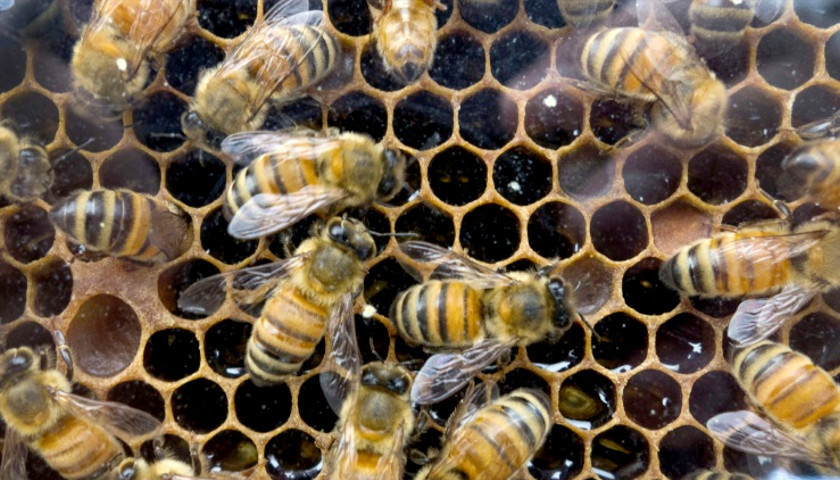Journalists and scientists have more in common than you’d think—at least they should. Scientists seek to understand and explain how the natural world works. They observe, ask questions, and approach new information with skepticism as they work through a careful process to determine what is true.
Journalists, in theory, use the same curiosity and rigor to provide the information we need to make good decisions in our lives. According to the Society of Professional Journalists, a core tenet of journalism is to “seek truth and report it.” In both worlds, negligence begins where skepticism ends, creating dangerous opportunities for peddlers of misinformation.
The Environmental Working Group’s (EWG) annual “Dirty Dozen” list is a perfect marriage of scientific and journalistic negligence. Each year, the EWG, a controversial, agenda-driven organic activist group, purports to rank the top 12 fruits and vegetables most contaminated with pesticides. And each year, the media takes the bait without fail, and the coverage reads like sponsored content.
Read the full story





